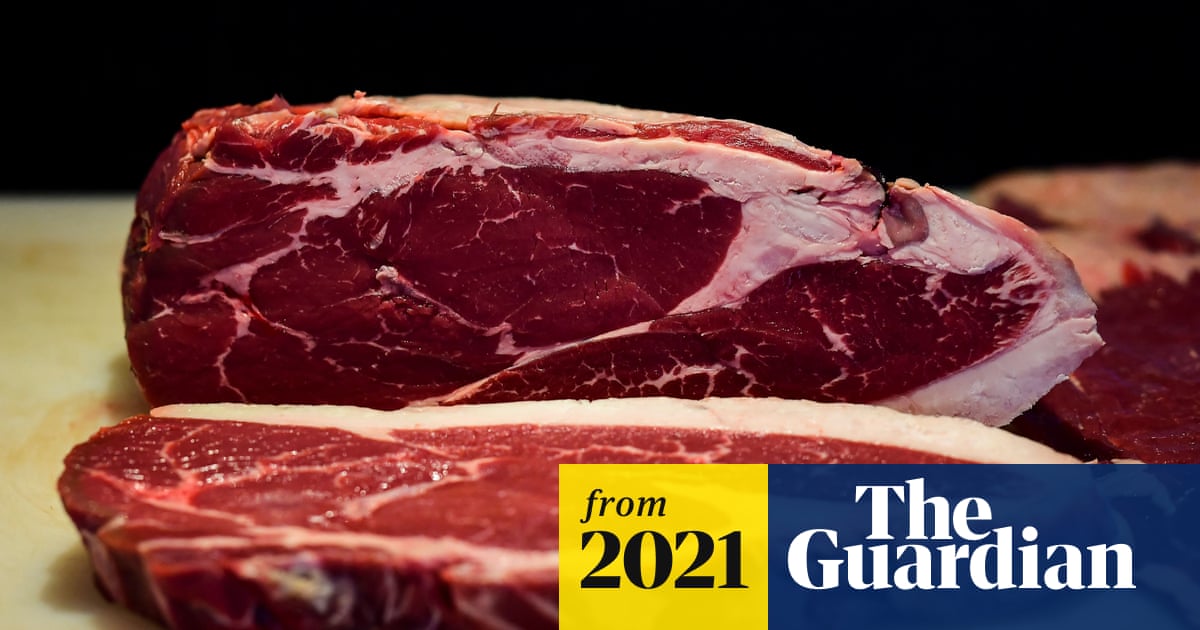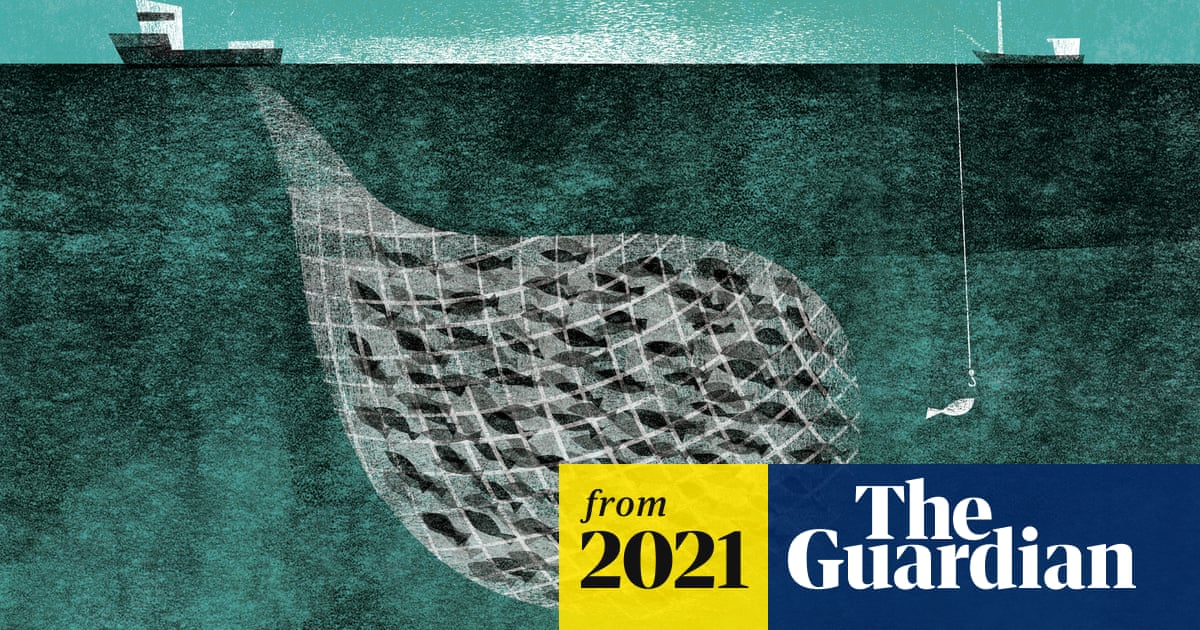
Belcampo: ‘farm to door’ butcher admits misrepresenting origins of meat
Employee posted an Instagram video that said the company’s products were not all they claimed to be
You can install our site as a web app on your iOS device by utilizing the Add to Home Screen feature in Safari. Please see this thread for more details on this.
Note: This feature may not be available in some browsers.




Article expired
News on Japan, Business News, Opinion, Sports, Entertainment and Morewww.japantimes.co.jp
The government on Tuesday proposed the use of meat alternatives as part of efforts to achieve a decarbonized society.

Microbes and solar power ‘could produce 10 times more food than plants’
Combining solar power and microbes could produce 10 times more protein than crops such as soya beans, according to a new study. The system would also have very little impact on the environment, the researchers said, in stark contrast to livestock farming which results in huge amounts of climate-heating gases as well as water pollution.Combining solar power and microbes could produce 10 times more protein than crops such as soya beans, according to a new study. The system would also have very little impact on the environment, the researchers said, in stark contrast to livestock farming which results in huge amounts of climate-heating gases as well as water pollution.
The concept uses electricity from solar panels and carbon dioxide from the air to create fuel for microbes, which are grown in bioreactor vats and then processed into dry protein powders. The process makes highly efficient use of land, water and fertiliser and could be deployed anywhere, not just in countries with strong sunshine or fertile soils, the scientists said.
I highly doubt that anyone on this forum will give up meat just to feel better and live longer.
Correct!
I could easily be a transitive vegetarian.


